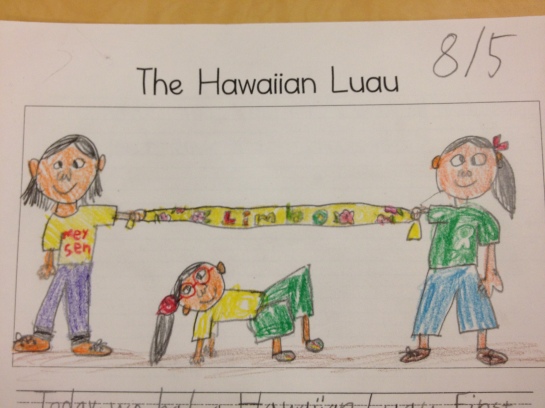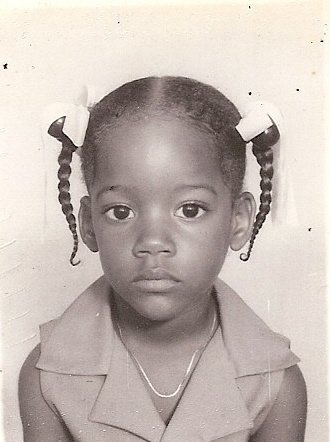The ideals that are found in the National Association for the Education of Young Children (NAEYC) and Division for Early Childhood (DEC) codes of ethic are all significant. However the following stood out to me:
“To be familiar with the knowledge base of early childhood care and education and to stay informed
through continuing education and training” (NAEYC, 2005).
“To recognize and respect the unique qualities, abilities, and potential of each child” (NAEYC, 2005).
“To ensure that each child’s culture, language, ethnicity, and family structure are recognized and valued in the program” (NAEYC).
“We shall demonstrate the highest standards of personal integrity, truthfulness, and honesty in all
our professional activities in order to inspire the trust and confidence of the children and families
and of those with whom we work” (DEC, 2009).
“We shall strive for the highest level of personal and professional competence by seeking and
using new evidence based information to improve our practices while also responding openly to
the suggestions of others” (DEC, 2009).
“We shall use individually appropriate assessment strategies including multiple sources of
information such as observations, interviews with significant caregivers, formal and informal
assessments to determine children’s learning styles, strengths, and challenges” (DEC, 2009).
As a professional it is important to keep abreast of the changes that are taking place within your field. One of the best way to do this is through education and training (NAEYC, 2005). Each child is different and has different abilities. It is important to recognize a child’s ability and to know when it is ok to push them or when something is too difficult for them. We need to realize that not every child is the same and they won’t all respond to situations in the same way. It is also important to recognize a child’s culture and language because it is an integral part of him or her (NAEYC, 2005).
If the children and their families trust us it will much easier to work together for the benefit of the child. Trust is something that needs to be earned. One way to earn the trust of children and their families is to be honest and truthful with them and to be a person of integrity (DEC, 2009). If we truly want to do things for the benefit of our students, we should be open to suggestions and ways to improve our current strategies and practices. We need to remember that a child is multi-faceted, we cannot just use one approach to assess him or her but we have to take several factors into account (DEC, 2009).
References
NAEYC. (2005). Code of ethical conduct and statement of commitment. Retrieved October 18, 2013, fromhttps://class.waldenu.edu/bbcswebdav/institution/USW1/201420_02/MS_MECS/EDUC_60 05/Week%207/Resources/Resources/embedded/naeyc_codeofethicspdf.pdfThe Division for
Early Childhood. (2009). Code of ethics. Retrieved October 18, 2013, from https://class.waldenu.edu/bbcswebdav/institution/USW1/201420_02/MS_MECS/EDUC_6005/ Week%207/Resources/Resources/embedded/dec_codeofethics.pdf

